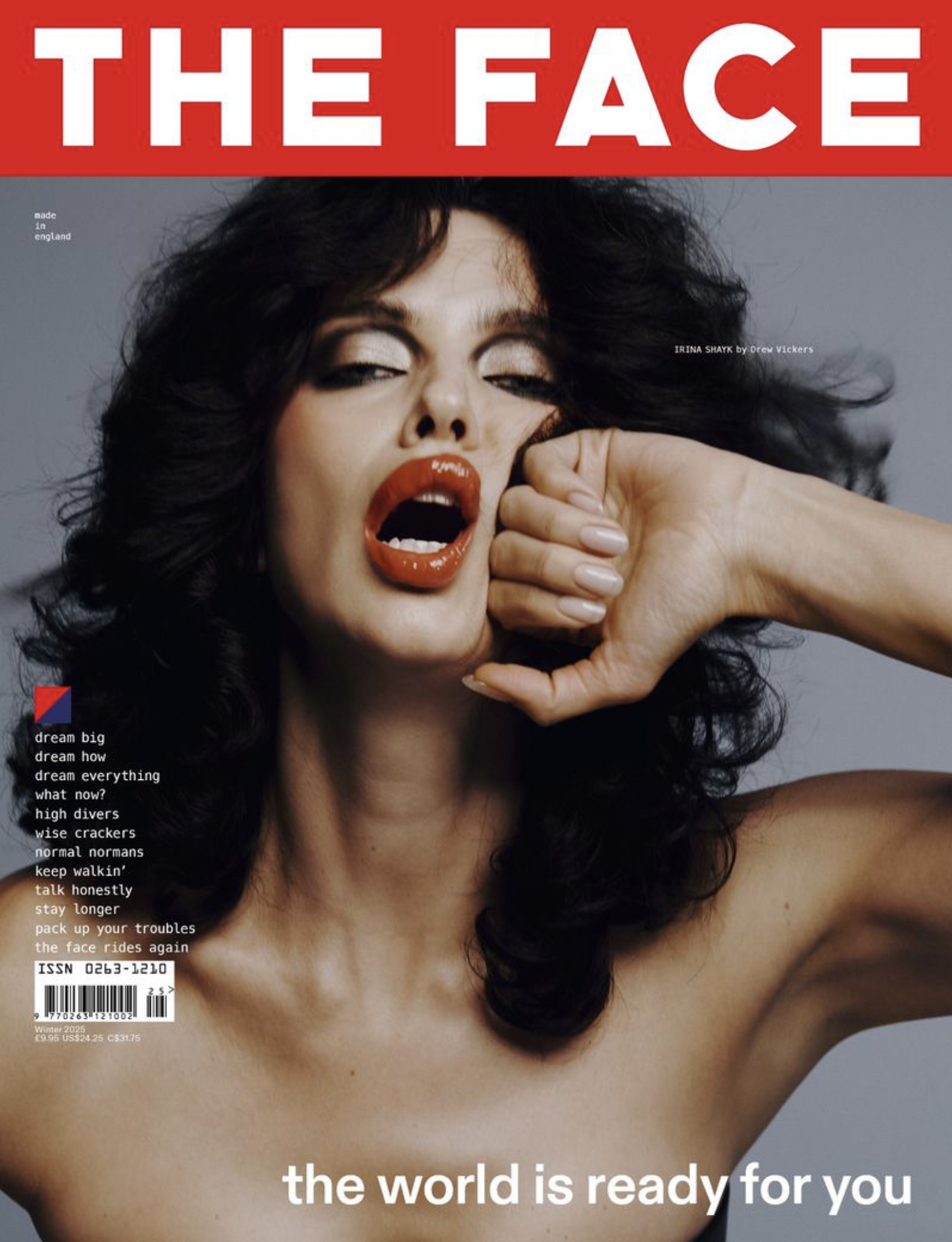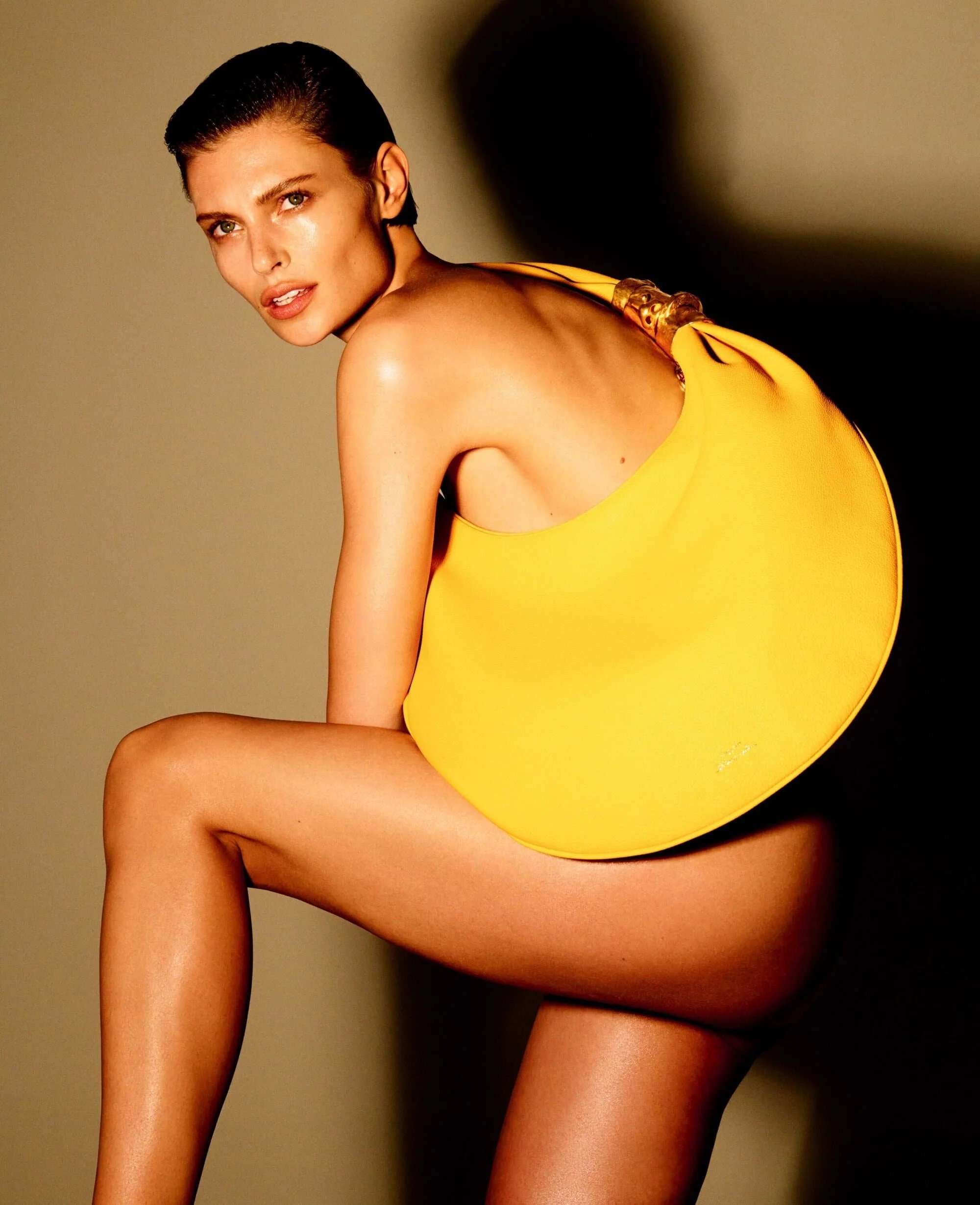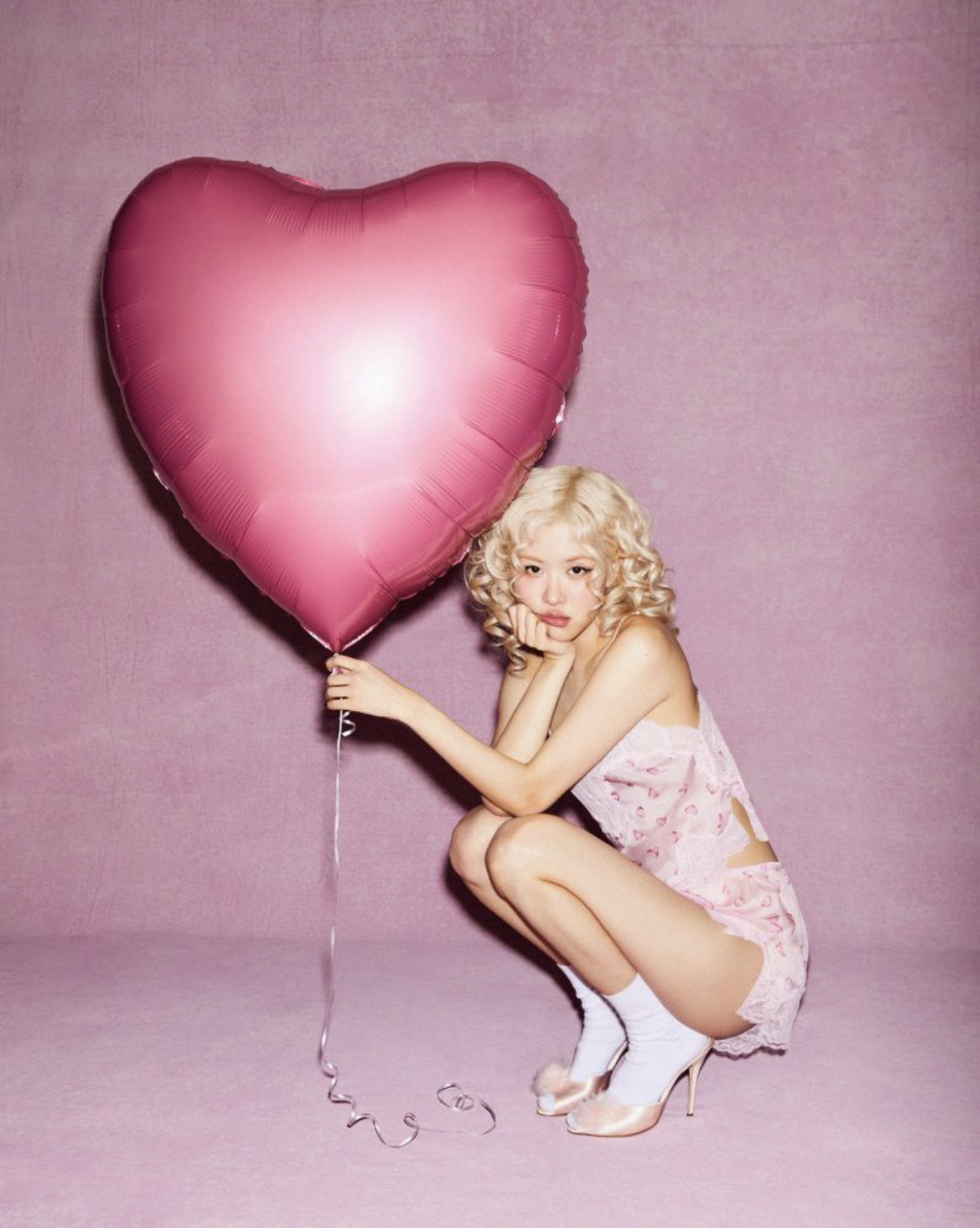Imagining Food Pleasures Decreases Actual Consumption
/
Sofia Coppola’s vision of Marie Antoinette was perhaps prescient in its understanding that just thinking about your favorite foods is enough to quench your desire to eat them.
Yet another major assumption about dieting has been tossed out the window, now that researchers at Carnegie Mellon University say that when you imagine eating a certain food, it reduces your actual consumption of that food.
The prevailing assumption is that thinking about your favorite food causes the brain to want more of it. We must discipline our brains and imaginations not to focus on the pleasures of certain foods because we will eat even greater quantities.
Being sensualists at Anne of Carversville, we can’t help but mirror these new research findings with the claims of the morality police that thinking about pleasure will automatically unleash our inner wild woman. This is why we require constant monitoring.
The researchers at Carnegie Mellon found that the reduction in actual consumption of the food, following imagined consumption was due to habituation — a gradual reduction in motivation to eat more of the food — rather than alternative psychological processes such as priming or a change in the perception of the food’s taste.
“Habituation is one of the fundamental processes that determine how much we consume of a food or a product, when to stop consuming it, and when to switch to consuming another food or product,” (Joachim) Vosgerau said. “Our findings show that habituation is not only governed by the sensory inputs of sight, smell, sound and touch, but also by how the consumption experience is mentally represented. To some extent, merely imagining an experience is a substitute for actual experience. The difference between imagining and experiencing may be smaller than previously assumed.” via Science Daily
The research findings have other important implications that mental imagery can enact habituation before confronting the big Mac or plate of pasta Alfredo. Repeatedly stimulating an action can trigger its behavioral consequences.
In her pursuit of Sensual and Superyoung eating habits, Anne learned 10 years ago that she can control her appetite by imagining that if she eats certain foods, she won’t like the consequences. When she sees most ‘bad news foods’, Anne automatically imagines that her brain is deteriorating; her arteries clogging; that these foods will kill her before her time, and her clothes won’t fit.
Today this lack of desire for ‘bad news food’ functions in Anne’s brain unconsciously. As for thinking about Mediterranean food, aphrodisiacs or Parisian macaroons, she searches for the most luscious chocolate photos on the Internet. There’s always chocolate with chili pepper in the cupboard, and it goes for days without being touched.
Now being Anne, she’s more likely to want a seductive evening than a plate of macaroni and cheese anyway, but even sensual self-discipline is not difficult, if one lives with scent, sight, audio, touch and other sensual pleasures.
Science is on the verge of giving women a better understanding of how our brains and bodies really function together. We wouldn’t be surprised to find that food is just like pornography. The people who damn it the most, consume way more pornography than the rest of us. That is a fact. Are you surprised?





























